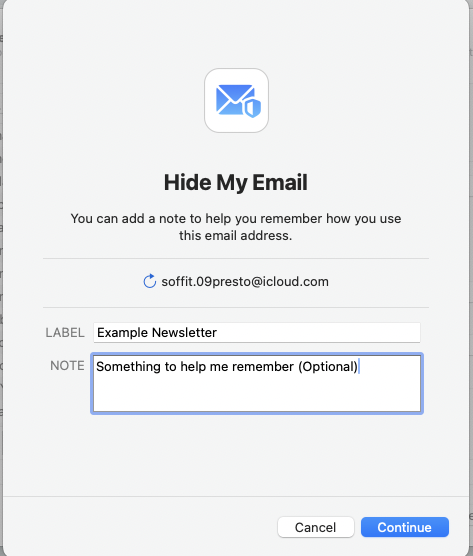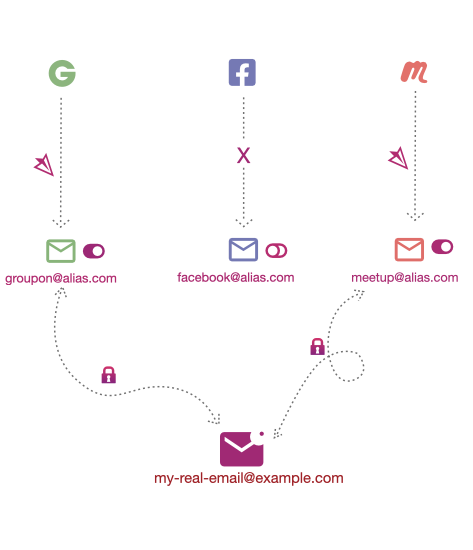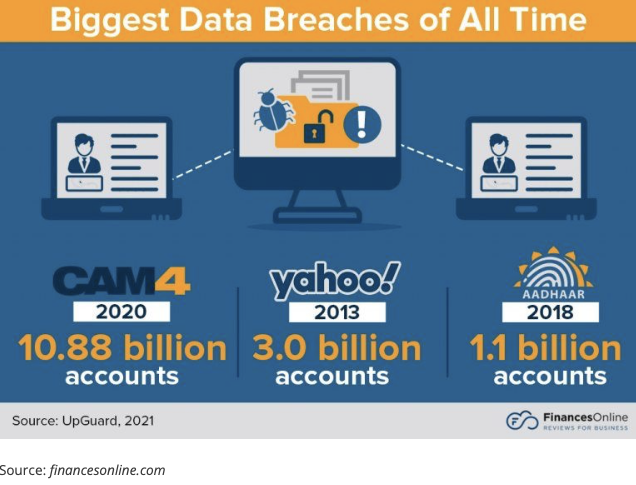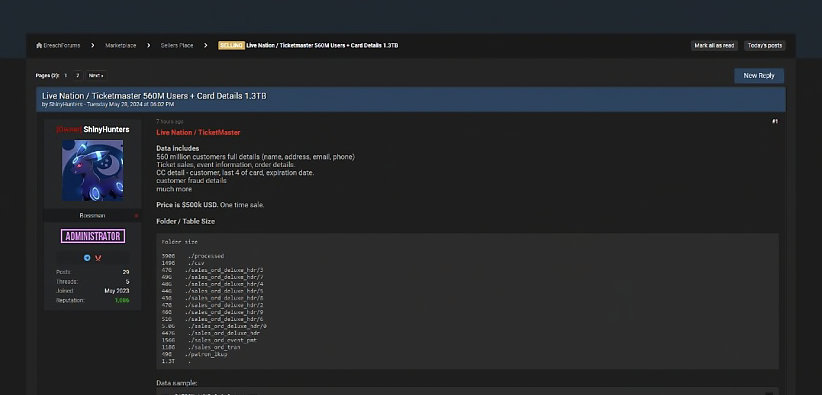I hate getting asked for my email address, I find it as personal as asking for my home address. Every website you log into now seems to have a pop-up asking for your email address, and it drives me bonkers. They are going to take it, use it to market to and profile you, but also pass it on to all their ‘partners’, who are then going to use it to market to and profile you. Occasionally, it is convenient to have personalised services, but when you start getting emails offering great prices on crypto coins, you know things have just got a bit silly with these carefully curated partners.
Which leads me to the main reason I do not like to be asked for an email address when out in public. What comes out of my mouth in stores sounds like nonsense and normally elicits some very strange looks from the person behind the counter. As a rule, I use email aliases for everything, and these typically look very peculiar.

What I try to do is generate a unique email address together with a unique password for every login. This sounds complicated, but with the right apps it becomes second nature and accomplished with 2–3 clicks. I have sworn by Bitwarden for years for password management, and there are a host of different email alias providers on the market now. If you have an iCloud+ subscription, then you have password management and ‘hide my email’ all baked in and ready to rock. At the end of the day, the solutions are right here, you just need to start using them. Here are a few examples;
What is Hide My Email? – Apple Support
The benefits of using aliases are straightforward enough, this has little to do with trying to be sneaky online, but much more with keeping your life safe and secure. Being able to reduce the impact of spam and phishing emails is clearly a benefit. It is straightforward to delete an email address to one website without it having any effect on your primary email.

Likewise, if phishing emails come in pretending to be someone or looking for something, the fact that it has come from one of your aliases is an immediate red-flag. Moreover, with only your most important accounts being used to access your primary / personal email, then you massively reduce the risk of unauthorised access to those accounts.
Case in point. I have had a phishing phone calls from scammers claiming to be calling from a credit card company. After hearing their pitch and asking them to confirm the email they had for me, they hung up once they started reading it out. It’s gibberish, and why would I be using a disposable email for banking?

Maybe you do not want to go all in with an individual email for everything, but for those who love organisation, then you can just use certain aliases for certain things. Be it shopping, bills, newsletters, social media accounts, and so on. It can help clean up your inbox, but also during your workday make sure you are not distracted needlessly.
Take the time to find something that fits with your life, it will only benefit you eventually. Think of the constant stream of data breaches that you hear about. Do you really want to think about your login data floating around the ‘dark web’? Ever used Ticketmaster? Over 560 MILLION user accounts have now been breached. If you are already good at not reusing the same password, then this is just another layer of security to help keep your data safe online.

Wired.com: Hackers Detail How They Allegedly Stole Ticketmaster Data From Snowflake
The example alias providers I linked to earlier in this post are great places to begin, but like I alluded to, depending on which ecosystem you might have easier solutions. If iOS or Mac based with an iCloud subscription, then you already have everything you need. Just start using it. For Android users, I have found SimpleLogin to be a very slick solution, especially with all the apps and extensions they now support.
Go on, give them a try. Your privacy is worth it.

Leave a Reply